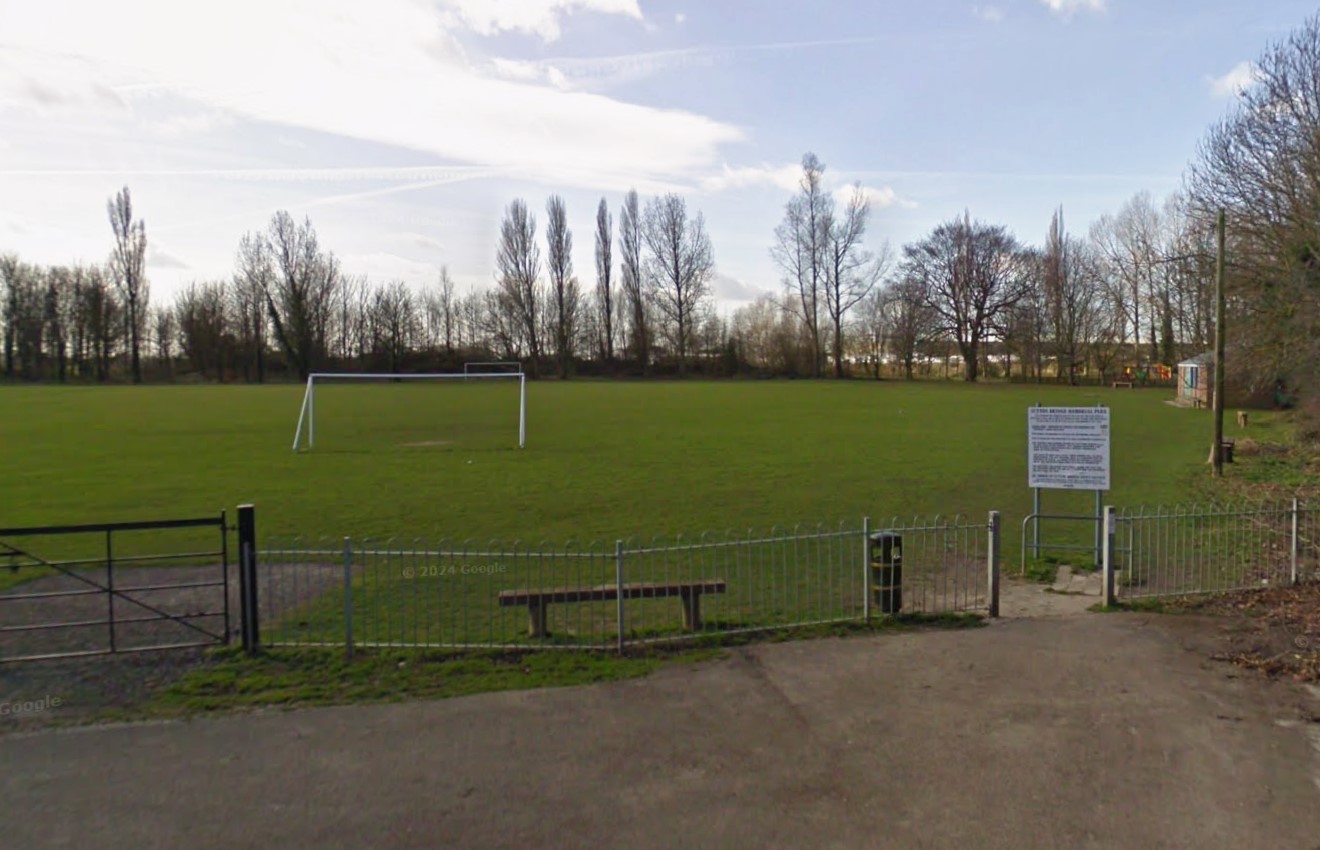Pupils could have less choice of where and what they study if smaller sixth forms are forced to close.
It is feared that a drop in the number of youngsters in the 16 plus age group and changes to the way sixth forms are funded could mean that some will not be able to afford to continue.
If that happens it could potentially leave some areas of Lincolnshire with limited choice of post-16 education, and in some places none within easy travelling distance.
The dangers are highlighted in a report due to go before the children and young people’s scrutiny committee of Lincolnshire County Council tomorrow when members will be told: “The academic year starting in 2015 will be crucial, and it is anticipated that some of our smaller school sixth forms may not be able to afford to continue.
“Some of those that do may need to rely on 11-16 funding to subsidise their post 16 provision.”
It comes at a time when the county council is trying to meet its statutory duty to provide suitable education for young people after the age of 16.
The first phase of Raising the Participation Age has seen an increase in the number of 16-year-olds in education and training to a level that is above the national average.
The second phase will begin in September 2014, when young people will be expected to stay in education until their 18th birthday.
But at the same time funding protection for sixth forms is due to end next year.
In 2011 the Government decided to harmonise funding for all post 16 providers. Prior to 2011 the funding for a student in a school sixth form was £280 higher per student per year than for students in general further education colleges (GFEs), sixth form colleges and other providers.
Rather than increase funding for colleges and other providers to the level of that for school sixth forms, as had been expected, the decision was made to reduce the funding in school sixth forms to the same level as that in colleges.
In order to ensure some stability, transitional funding was put in place to protect schools facing significant changes.
The transitional protection funding will end in 2015.
Committee members will be told that the changes could have far-reaching effects, with 28 of the county’s 38 school sixth forms likely to be worse off in 2014/15.
The overall funding for sixth forms in Lincolnshire could reduce by around £2.74million in 2014/15, and by a further £1.74 million in 2015/16.
The report says: “The impact on small sixth forms will be much more significant than on larger ones.
“The accepted view has been until now that a minimum of 200 pupils is required to maintain a viable sixth form with a comprehensive curriculum offer capable of meeting the needs of a wide range of pupils.
“Some work by one of the Lincolnshire headteachers suggests this is now nearer 300.”
The range of subjects sixth forms will be able to offer could also be hit, with subjects which attract fewer students likely to be scrapped.
The report to the committee says: “Schools have always had a mix of class sizes, the popular subjects with large classes balancing the small specialist classes.
“The balance is changing with the proportion of small classes increasing (23 sixth forms have more than 40 per cent of subjects with fewer than ten students) which, given the tighter funding, is unsustainable.
“This is likely to result in courses being discontinued, some of which are likely to be niche provision which some students will require to access the higher education of their choice.
“We are already seeing the impact of this with 48 fewer subjects being provided across the county this year compared to last year.”
Meetings have already been held with headteachers of schools with sixth forms from across Lincolnshire, who have been provided with detailed analysis and prediction of their own funding over the next three years and given access to a modelling tool so that they can evaluate the impact of various scenarios.
They have now been told they have a choice to make – go it alone and compete for the available students with the intention to survive regardless of what happens to other schools in their local area, or they can work together to try to maintain the overall offer.







